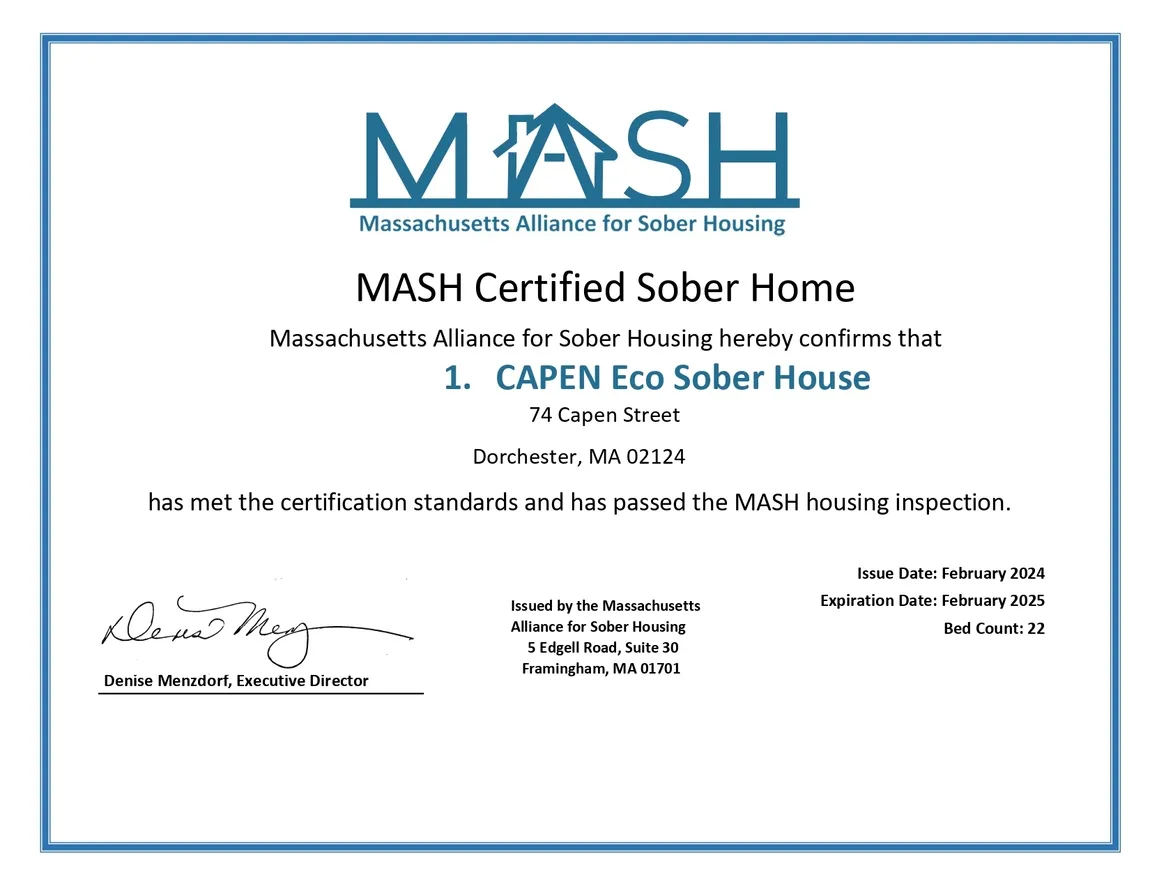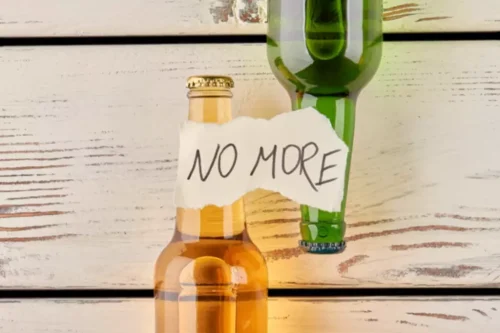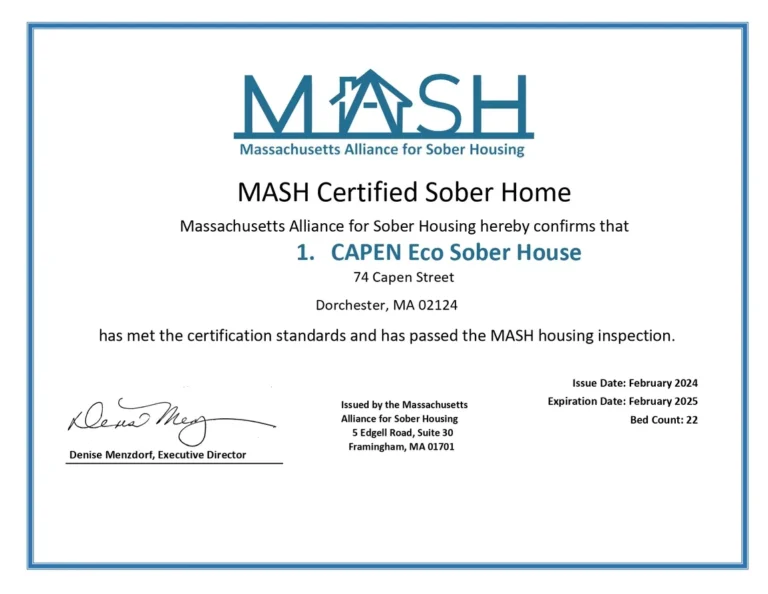
This all happened from a Thursday to a Monday, so it hits you pretty hard. I left home on a Saturday and said to my kids, “I’ll see you in a little while,” and I didn’t return home for three months. I didn’t get to see them for a while, this is right in the middle of the pandemic. So I spent several months being taken care of at Halifax, and then I was transferred into Brooks and it was seamless. Seven floors above where I work every day, and I was met by this wonderful group of people.
Dry January: A Positive Start to the New Year

Like, yeah, I was somehow keeping my graphic design work going, and I even started dating my amazing current girlfriend, but God, I was such a mess inside. It took hitting absolute rock bottom – a suicide attempt during a really dark period when memories of my ex came flooding back – for things to change. There is, however, power in opening up and sharing your recovery. Telling your story can help your own recovery journey, heal the hurt your loved ones have experienced, and offer encouragement and support to others battling addiction.
The Power of Sharing Your Recovery Story

This is one example of how embellishing your story can actually do more harm than good. It is also about the people who have supported you along the way. Be sure to acknowledge your entire support system in your story. This includes your family, friends, therapist, sponsor, 12-step group, and anyone else who has helped you on your journey. These people have played a vital role in your recovery, and their support should be recognized. However, it’s important to do a little prep before you share for the first time.
Why Write Your Recovery Story
- Seven floors above where I work every day, and I was met by this wonderful group of people.
- They can assist you in determining whether now is the right moment to share your feelings with others.
- These can be invaluable for exploring your thoughts and emotions during this reflective process.
- That said, putting out your life story publicly can feel intimidating.
- When sharing your story, be sure to emphasize your progress without being afraid of oversharing in AA.
As long as you’re open and speak with honesty at all times, this will not be an act of egotism. This is a major concern, as you are essentially running the risk of telling an hour-long war story. They will walk away lamenting their own similar stories, rather than embracing the joy they have discovered in sobriety. When telling your story, you may feel the urge to start off as you would start any other story—from the beginning. This is sensible, but you must have an idea regarding which parts of your history are most important and which can be left out. You will want to make some notes, and practice telling your story aloud to see how long it takes.
Do: Acknowledge Your Support System
Join Recovery Connection in celebrating your recovery with our sobriety calculator.
- Sharing recovery stories is a crucial part of actively participating in AA, NA, and SMART Recovery meetings during recovery from substance abuse.
- From beginning to end, our stories can even surprise ourselves.
- This keeps you from telling too many stories and refines your focus on the most important parts of your personal story.
- As an addict who has achieved sobriety, you may be interested in sharing your addiction recovery story with others who have substance abuse problems.
- For all, it will provide a transition between what things were like and what things are like now.
- She served in Operations and HR for a finance company for ten years, before returning to healthcare and eventually arriving at USR.
- They were overcome by alcohol or drugs or both as well as other feelings they were also able to be the person they wanted to be.
- Lauren says she wanted to let the caregivers know how much their efforts meant to the family.
Then this girl at work – we’ll call her Meg – noticed how stressed I was and offered me some pills. Pills got expensive, my dealer was unreliable, and suddenly smoking H didn’t seem that scary anymore. The ability of people in recovery to speak up is one of the methods to combat the addiction crisis. It would be safer for individuals to declare they needed help if more people were freer to claim they were in recovery. We could reduce the stigma if more individuals spoke up about their addictions.
Ways To Share Your Recovery or Addiction Story
For this reason, you need to make sure that you are in a healthy place in your recovery where your emotional and mental states are stable. You should never risk your mental health or overall sobriety just to share your story. When you feel ready, sharing your story to help others you can begin sharing your story at support groups, with a sponsee, or with anyone you think it can help. For many AA members and recovering alcoholics and addicts, telling their addiction recovery story is a vital part of maintaining sobriety.

If you’d like to share but don’t know how to start, our Telling Your Recovery Story worksheet can be helpful. There is much talk about stigma as it pertains to mental health issues; whether it is substance abuse or an eating disorder, our culture has long preferred to simply not talk about it. While some substantive efforts aim to break down the stigma, the fact remains that discussing these things aloud can sometimes be rather daunting. Sharing stories with others is part of recovery and is a healthy way to express yourself as you walk through what your story means to you.

Create a content-sharing calendar and work according to it going forward. While you’re willing to put your story publicly, people in your story might not be. Be sure to get permission from people such as family members or close friends that you’re mentioning in your story to avoid any issues Alcoholics Anonymous later on. Change names and descriptions where possible to maintain privacy. Be sure to offer words of encouragement to those who are still battling drug or alcohol use disorder. Share insights, resources, and words of wisdom that have guided you toward long-term recovery.